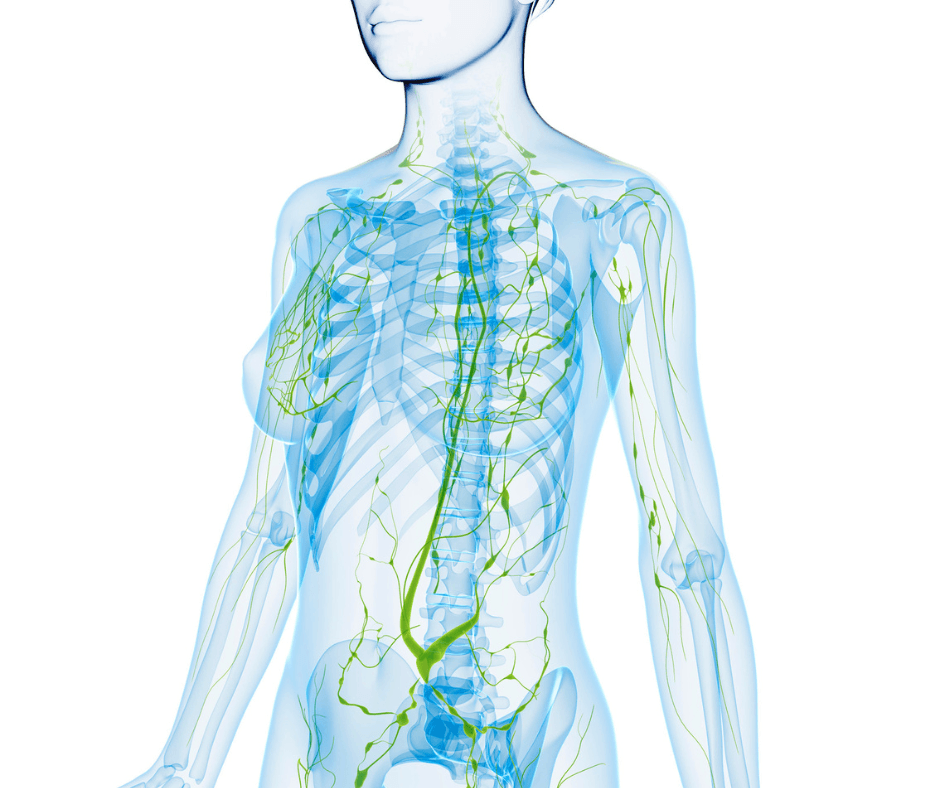
Rethinking Detox: How Your Body Naturally Cleanses Itself Every Day
When you hear the word detox, what comes to mind? Juice cleanses? Fasting? Somehow “detox” has become a buzzword that gets thrown around so much that it might have lost its punch. But what does detox actually mean, especially in the context of our body’s own systems? And why should we care?
At its core, detoxification is simply the body’s way of clearing out harmful substances, whether they’re from external sources like pollution, processed foods, or internal byproducts of our own biology. This natural detox work isn’t about quick cleanses or one-time fixes; it’s actually happening 24/7 thanks to some incredible organs in our bodies—most importantly, our liver, kidneys, and lymphatic system.
Let’s break down how these systems work together to keep you safe, and what you can do to support them.

Your Liver: The Detox Powerhouse
The liver is often considered the body’s primary detox organ. It’s responsible for breaking down fat-soluble toxins and converting them into compounds that the body can safely eliminate. If the liver fails to do its job, we’re in serious trouble. In fact, if your liver completely shuts down, you could be in critical condition within 24 hours. That’s how essential it is to life.
The liver uses a substance called bile to transport these fat-soluble toxins. Bile, produced by the liver, acts like a courier, carrying toxins from the liver to the digestive tract, where ideally they’re eliminated. But here’s the twist: 95% of this bile (and the toxins it carries) is recycled back into the bloodstream. Only 5% actually makes it out of the body.
That’s where soluble fiber comes in—like the kind found in beans. Soluble fiber binds to bile in the intestines and helps ensure more of those fat-soluble toxins are actually removed from your system instead of being reabsorbed.

The Kidneys: Clearing Out Water-Soluble Waste
While the liver handles fat-soluble toxins, the kidneys focus on water-soluble waste. Think of them as a constant filtering system for your blood, removing excess salts, urea, and other waste products, which are then flushed out as urine. Unlike the liver, the kidneys allow you a bit more time to survive if they stop working—about two weeks. But make no mistake, they’re essential to life.
Hydration plays a huge role in kidney health. Drinking enough water daily supports their filtering work, helping your kidneys to keep up with their ongoing task of clearing out what the liver has prepped for removal.

The Lymphatic System: The Body’s Backup Cleaner
The lymphatic system is an often-overlooked detox organ, but it’s just as important. It’s a network of lymph nodes, vessels, and organs like the spleen that help clear out cellular waste and support immune responses. Unlike the liver and kidneys, you can live without parts of your lymphatic system. For example, people may have lymph nodes removed during cancer treatment, and others may even have their spleen removed after an injury.
But just because you can live without parts of it doesn’t mean you don’t want it working optimally. The lymphatic system helps clean out cellular debris, remove excess fluids, and transport white blood cells. To keep things moving, staying active and practicing deep breathing can stimulate lymph flow, giving your body the help it needs to keep up with the demands of daily detox. Even just three minutes of daily trampolinejumping or rebounding can help move the lymph along, making it an easy, effective way to support this essential system.

So, Why Does Detox Matter?
Detoxification isn’t just about trendy cleanses or short-term resets—it’s the ongoing, intricate work your body is doing every single day. By understanding what detox really means and how your liver, kidneys, and lymphatic system work, you’re better equipped to support these systems. You don’t need extreme measures or fads. Instead, focus on small, sustainable actions that can make a real difference over time.
Detox is simply about taking out the trash so your body functions better. It’s about supporting the organs that already work tirelessly for you by feeding them what they need, staying hydrated, and keeping your body moving.
Small daily practices
- drink more water to help your kidneys
- rebound for three minutes to keep your lymph moving
- add a side of beans to each meal to support liver function
These actions support your body’s natural detox work without overwhelming it. So, the next time you hear the word 'detox,' think beyond quick fixes and remember the powerful, natural detox processes happening inside of you every day. It’s a job that never ends and one we can all support with small, intentional actions.
Created with © systeme.io • Privacy policy • Terms of service •Disclaimer




